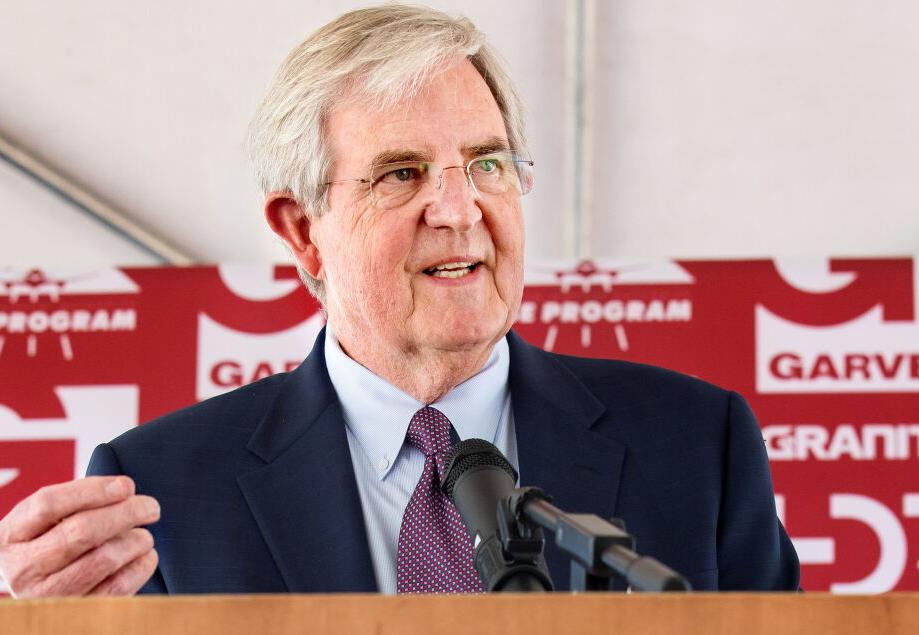A vote on whether to extend County Administrator Chuck Huckelberry’s employment contract, including a $14,000 raise in his base salary, was postponed Tuesday by the Pima County Board of Supervisors.
In their first meeting of the year, the board voted 3-2 to extend Huckelberry’s current contract for just the next two weeks. That gives new board members time to go over his contract and make an informed decision. On Tuesday, Jan. 19, the board will hold an executive session to discuss any “legal nuances'' related to his contract and then decide how to proceed in public session.
Huckelberry, who has served as the county administrator for the last 25 years, is requesting a four-year contract extension and a 4.3% salary increase. That would raise his salary from $301,104 to $315,000.
Huckleberry is the highest-paid county administrator in Arizona, making about $30,000 more a year than Maricopa County’s top boss. In addition to his base salary, Huckleberry’s contract entitles him to a number of other financial benefits, which include a $550 monthly vehicle allowance, paid health insurance, at least three weeks of sick and vacation time, $26,000 toward the state retirement plan every year and $15,000 toward a supplemental retirement plan.
Both District 4 Supervisor Steve Christy and District 2 Supervisor Matt Heinz voted against the motion, arguing that the full discussion should be had in public, rather than executive session. Supervisor Adelita Grijalva refuted by saying only appropriate legal questions and concerns would be discussed in the executive session.
In a substitute motion, Heinz suggested that the board offer Huckelberry a 12-month contract extension at his current salary, but also allow for a “formal and comprehensive evaluation to be conducted as to the state of the county government.” According to Supervisor Sharon Bronson, there is no formal performance review process for the county administrator.
“This is a $1.4 billion entity with nearly 7,000 employees and it sounds like there has never been this type of comprehensive evaluation of the effectiveness or efficiency of the entity or of the executive leadership,” Heinz said. “I think it’s really something that we need to do.”
While Heinz’ motion was ultimately denied, other Supervisors agreed that a performance review should be part of the discussion in their next meeting.





